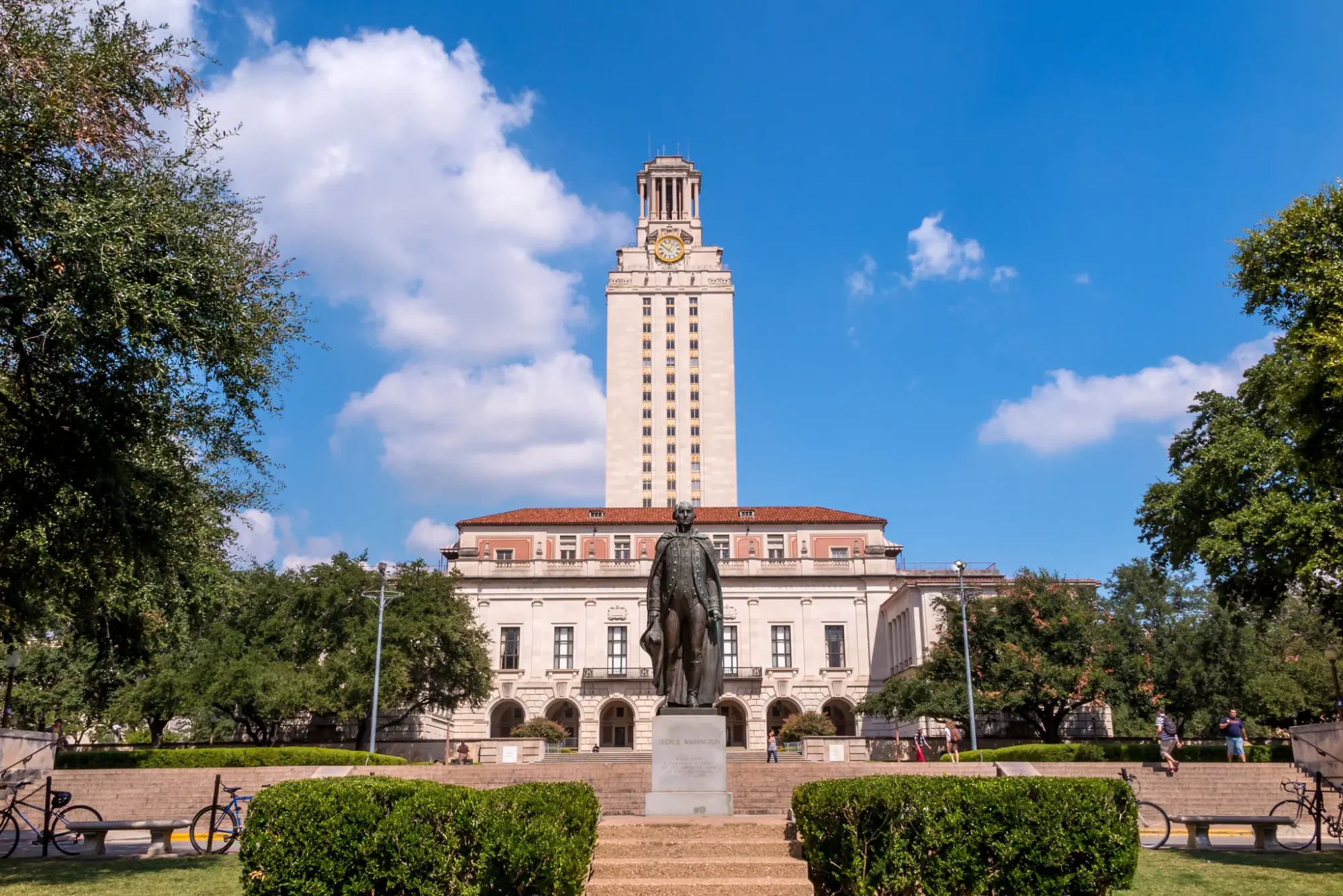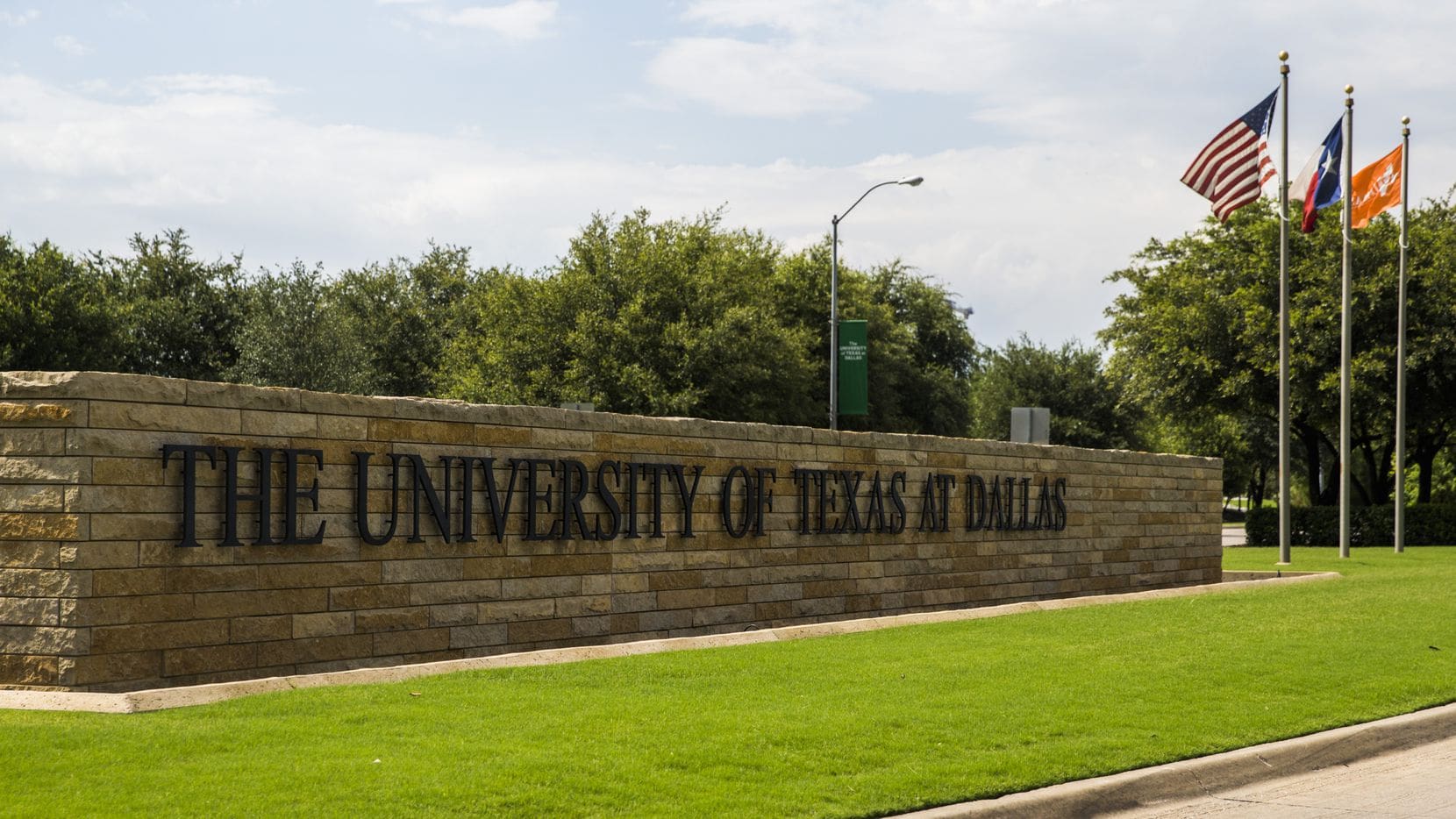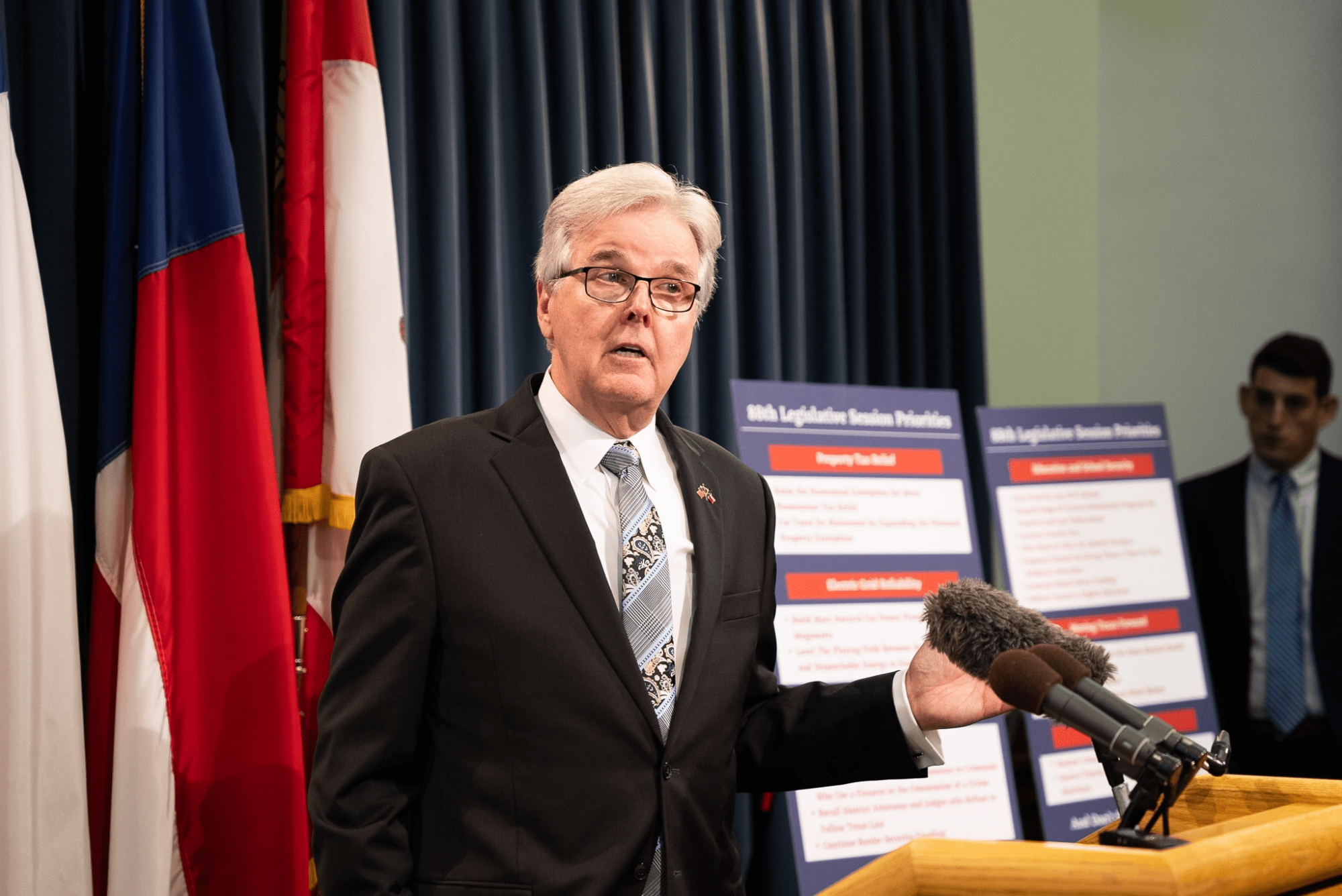The University of North Texas, a taxpayer-funded institution, has been providing students with fake genitalia, chest binders, and clothing of the opposite gender through their “OUTfits Clothing Closet.”
According to the university’s description of the closet, it is a project of UNT’s “Pride Alliance” office. All items are donated to the university and are “free of charge” for any student to access year-round.
Currently, approximately 1,000 mentally ill students a year are using this closet to pretend to be the opposite gender.
The Denton university hires a student assistant to be the “point person” for the closet, where they maintain “OUTfits” and help other students find clothing, accessories, and faux genitalia of the opposite gender.
Through this closet, UNT offers students chest binders for female students and bra packers for male students. They also offer top-surgery pillows for those who opt to have their healthy breasts surgically removed to fit their new persona.
“Packers”—prosthetic faux male genitalia—are also offered to female students who wish to appear as though they have a bulge under their pants.
On top of that, OUTfits also provides clothing and underwear for students who want to present themselves as the opposite gender. They also offer makeup for males who want their faces to look more “feminine.”
According to an email Jamal King, assistant director of the Pride Alliance, sent to The College Fix, UNT’s Pride Alliance office has expanded this project beyond the campus.
“We’ve worked with a number of campuses around the country and here in Texas to give additional support in creating free clothing resources for students,” wrote King.
The College Fix also received an email from Nathanael Blake, an ethicist and researcher at the Ethics and Public Policy Center, criticizing the closet.
Blake deemed the university’s provision of cross-gender fake genitalia, chest binders, accessories, and clothing as “wrong.”
“University mental health resources should help students accept their natural, healthy bodies,” Blake wrote in his email to The College Fix.
Encouraging students in the false belief that they can somehow become (or in some mystical way, already are) the opposite sex is wrong. It will push some students toward a lifetime of dangerous medical interventions.
“The provision of breast binders is especially troubling because they can cause physical harm,” Blake concluded.
Chest binding has been proven to have long-lasting, negative effects on females’ bodies.
According to Medical News Today, chest binding can cause severe chest pain, scarring, overheating, shortness of breath, a buildup of fluid in the lungs, reduced exercise tolerance, difficulty speaking, damaged or broken ribs, back pain, and skin issues—such as rashes and cuts.
A study published in 2016 on the health impacts of chest binding—where binding was a “daily occurrence” for participants, most of whom bound their chests every day for an average of 10 hours— revealed that “over 97 percent of respondents said they had experienced at least one of 28 negative outcomes attributed to binding.”
“Binding improperly or for too long can lead to chest and back pain,” Pride in Practice’s website says. “It is safest and most common to bind using a dedicated binder, an article of clothing designed specifically for this purpose.”
But according to the aforementioned study, “Commercial binders were most commonly associated with negative health impacts. Respondents who wore commercial binders reported experiencing 20 out of the study’s 28 listed health impacts.”
UNT recently posted on their Instagram that some safety concerns regarding certain binders have been brought to their attention. They put a pause on ordering and accepting binders until they can “research new options and identify a safe and comfortable alternative.”
The university’s Pride Alliance office is listed under Diversity, Equity, and Inclusion. Therefore, it and the OUTfits closet face an uncertain future as Senate Bill 17 awaits Gov. Greg Abbott’s signature to become law.
The legislation will effectively eliminate programs “designed or implemented in reference to race, color, ethnicity, gender identity, or sexual orientation” in public institutes of higher education.
Once signed into law, the measure will take effect on January 1, 2024.
No ads. No paywalls. No government grants. No corporate masters.
Just real news for real Texans.
Support Texas Scorecard to keep it that way!




